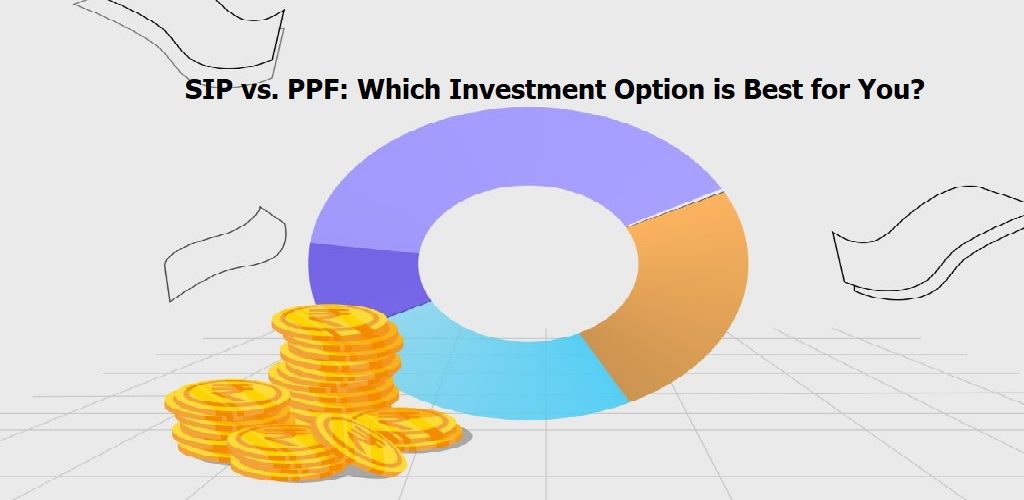No matter where you’re working, if you are earning well, you may understand that taxes can be confusing and overwhelming. Regarding taxes, two terms are often used, i.e., Tax Avoidance & Tax Evasion. They may sound similar, but they take you down through different paths- one legal and the other one is illegal!
Some people who have the means and resources can legally lower their tax bill by using various tax laws, deductions, and strategies. They use the power of the law to minimize the amount of tax they have to pay, called “Tax Avoidance”. On the other hand, tax evasion involves doing illegal things like lying about your income or hiding your assets to avoid paying taxes.
Take Mr Jatin Oberoi, for instance. Mr Oberoi is a successful businessman who wants to reduce his tax liabilities. He can minimize his taxes by using different legal documents, credits, and strategies, a process known as “Tax Avoidance.” On the other hand, if Mr Oberoi were to engage in tax evasion, he would be doing something entirely different, including hiding assets or engaging in other fraudulent activities to avoid paying taxes.
What Is Tax Evasion?
To put it simply, Tax evasion is a dishonest and illegal method of reducing the amount of taxes owed. The term is applied to people who cheat to pay less tax than they should. They do this by lying about how much money they make or spend.
It involves fraudulent tactics like intentionally misrepresenting taxable income or inflating expenses. The goal of tax evasion is to show lower profits to avoid paying taxes. It also includes unlawful practices such as making false statements, hiding important documents, failing to maintain accurate transaction records, increasing tax credits, and many more.
In essence, tax evasion is a criminal offence and those who engage in it can be punished according to the law.
Examples of Tax Evasion
Let’s take a quick look at the examples of tax evasion that you should need to know.
- Not Reporting Side Income
One of the popular cases of tax evasion is that people earn extra money from freelance work or a side business but don’t include them.
- Fake Business Expense
A business owner claims personal costs, such as fancy dinners, shopping, and vacations, as business expenses to lower their taxes.
- Hidden Offshore Accounts
You have multiple hidden overseas bank accounts to dodge taxes. It is another common practice that many business owners use to minimize their taxes.
After knowing tax evasion, it’s time to understand its counterpart, i.e., “Tax Avoidance”!
Tax Avoidance: What is it?
Speaking of its counterpart, Tax Avoidance is the practice of legally reducing the amount of taxes an individual or entity owes by utilizing loopholes and provisions within the tax laws. It typically involves strategic financial planning to minimize tax liabilities while remaining compliant with the letter of the law.
This approach often includes sophisticated methods such as structuring transactions, utilizing tax credits and deductions, or choosing advantageous accounting methods. These tactics are implemented to ensure that all actions taken are within the boundaries of existing tax regulations.
It is no secret that tax avoidance remains a common strategy for minimizing tax burdens within legal frameworks. Individuals and businesses must examine these practices very carefully to ensure proper tax planning strategies.
Examples of Tax Avoidance
Here are a few examples of tax avoidance that you should know;
- Investing for Tax Benefits
One of the prime examples of tax avoidance is that you can invest in options like PPF or ELSS mutual funds under Section 80C to reduce your taxable income.
- Claiming Deductions
If you want to avoid taxes, you can then show expenses such as home loan interest, health insurance premiums, or school fees can lower your tax liability.
- Charitable Contributions
Another major way to avoid taxes is that you can donate to approved charities or organizations that can qualify you for tax deductions. Sometimes, donations to political causes can also offer tax savings.
Types of Tax Avoidance
Here are the different types of tax avoidance you should keep in mind. Let’s discuss them in detail!
- Standard Deduction
Freelancers, investors, and small business owners save receipts for business expenses which qualify for tax deductions.
- Retirement Savings
It is another type of tax avoidance that you can consider to save taxes. Simply contributing to retirement plans enables individuals to lower their taxable income and thus engage in tax avoidance.
- Workplace Expenses
Some states permit taxpayers to deduct unreimbursed expenses incurred at work on their annual tax returns.
- Offshoring
Last but not least, this type of tax avoidance includes moving funds to offshore bank accounts with more favourable tax laws & regulations and reduced financial risks.
Difference Between Tax Evasion and Tax Avoidance
Let’s take a look at the differences between tax evasion and tax avoidance based on the following parameters.
| Parameters | Tax Evasion | Tax Avoidance |
| Methods | The tax evasion method usually involves underreporting income and concealing assets to evade taxes illegally. | Tax Avoidance, on the other hand, utilizes strategic tax planning, deductions, and incentives to minimize taxes within the bounds of the law. |
| Intent | Under tax evasion, the person intends to deceive the tax authorities and unlawfully evade taxes. | On the flip side, the person’s intent is to minimize tax liabilities while complying with tax laws. |
| Disclosure | It involves concealing income, assets, and illegal transactions. | However, in tax avoidance, the person uses transparent and legal means to optimize tax liability. |
| Legality | For those who don’t know, tax evasion is illegal and may land you serious consequences. | On the other hand, tax avoidance is generally legal within the framework of tax laws but subject to examination. |
| Common Examples | It may include underreporting income using offshore accounts. | Tax avoidance, on the other hand, includes tax-efficient investments and legitimate deductions. |
Conclusion
So, that’s all about the differences between tax evasion and tax avoidance! Remember that understanding the differences between the two is important for taxpayers to manage their tax responsibilities. To put it simply, tax avoidance uses legal strategies to lower tax payments and, most importantly, within the law, while tax evasion uses illegal methods to unlawfully avoid paying taxes. When you follow Indian tax laws, taxpayers not only support the country’s development but also avoid the serious consequences of breaking tax rules.
Frequently Asked Questions
Listed below are the frequently asked questions related to the differences between tax evasion and tax avoidance.
GST, or Goods and Services Tax, replaced various indirect taxes in India in 2017. It enables taxpayers to claim input tax credits only on invoices uploaded by their suppliers. Thus, it significantly reduces the chances of fraudulent activities that are used to claim credits.
Taxpayers can ensure legal tax planning by seeking professional advice, staying updated on tax laws, and using legitimate tax-saving methods within the boundaries of the tax regulations.
Tax authorities can easily distinguish between tax evasion and tax avoidance by determining the methods involved. Tax evasion involves implementing illegal methods, while tax avoidance involves using legal methods to minimize tax liability.
There is no denying that tax avoidance can lower income tax expenses, reduce effective tax rates for businesses, promote long-term investments, and improve future performance, especially for financially constrained firms.
Tax evasion is seen as avoiding social responsibility. Moreover, it can easily harm a company’s reputation by being viewed as greedy and selfish.







